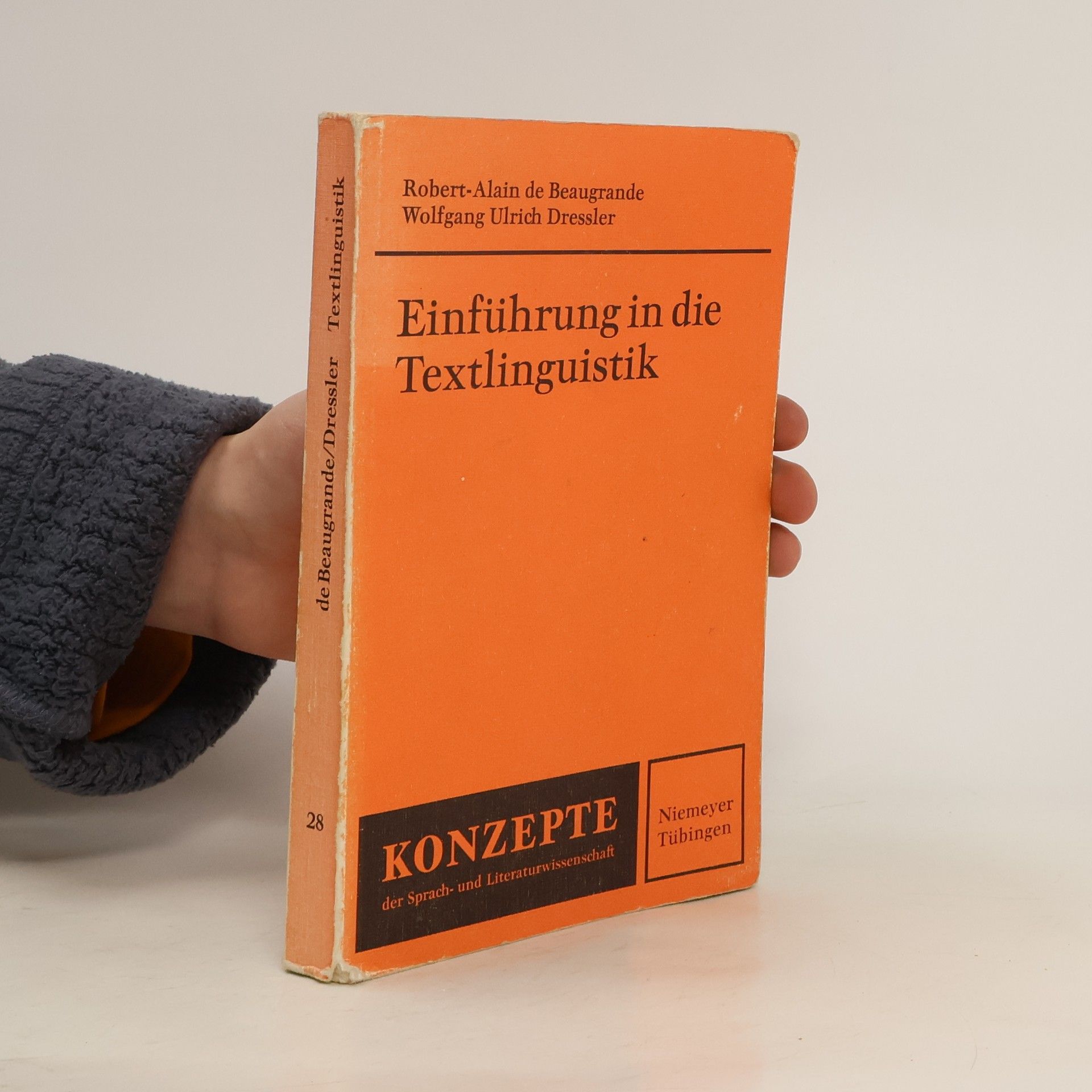Linguistic Theory. The Discourse of Fundamental Works
- 412 stránek
- 15 hodin čtení
In Linguistic Theory , Robert de Beaugrande analyses linguistic theories not as abstract ideas or theses, but as the process and product of theoretical discourse. He argues that the best documentation of this discourse can be found in the 'fundamental' works of major linguists from Ferdinand de Saussure to Teun van Dijk and Walter Kintsch. He therefore employs the highly unusual strategy of a close reading of these works as discourse performances and strives to uncover their main points and characteristic moves in the linguist's own words.Through this approach, the reader is able to appreciate and understand the variety and controversy among linguistic theories as they have emerged and developed in interaction with each other. Special scrutiny is allocated to the issue of how far the active practice of the linguists followed their own theories and proposals, and why. The author concludes by assessing the prospects for linguistics to be drawn from the retrospect in the previous chapters.

